Developing Sports Managers & Leaders Across Europe



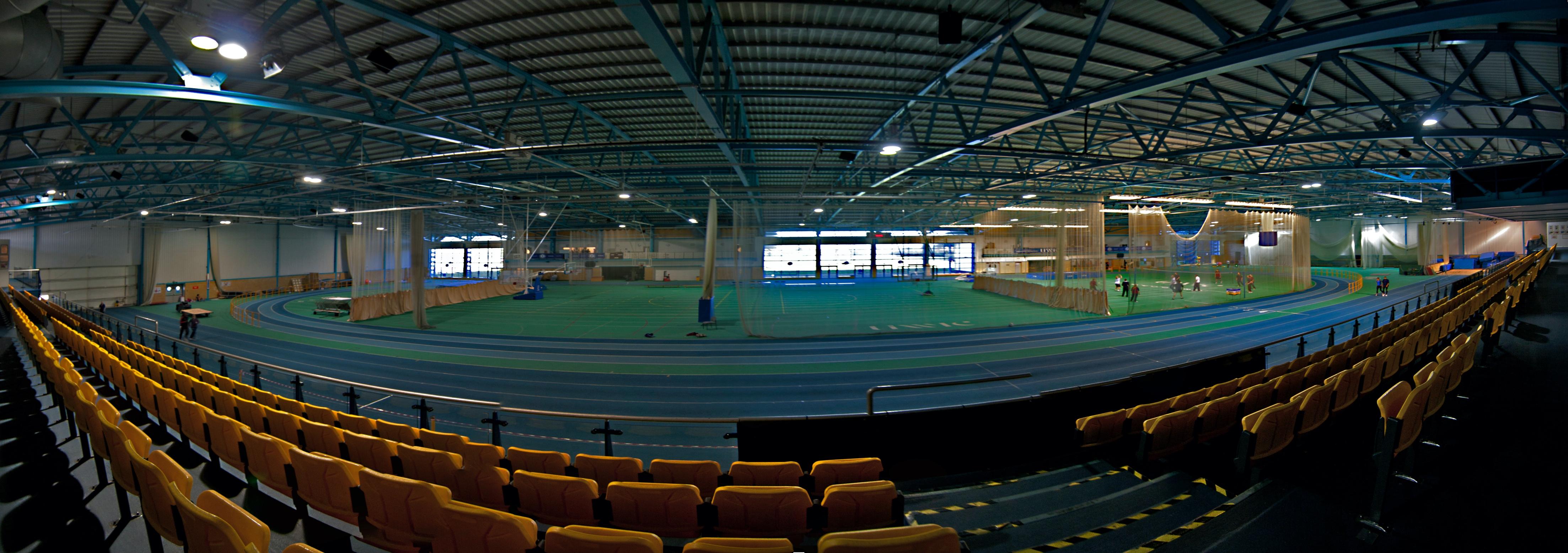
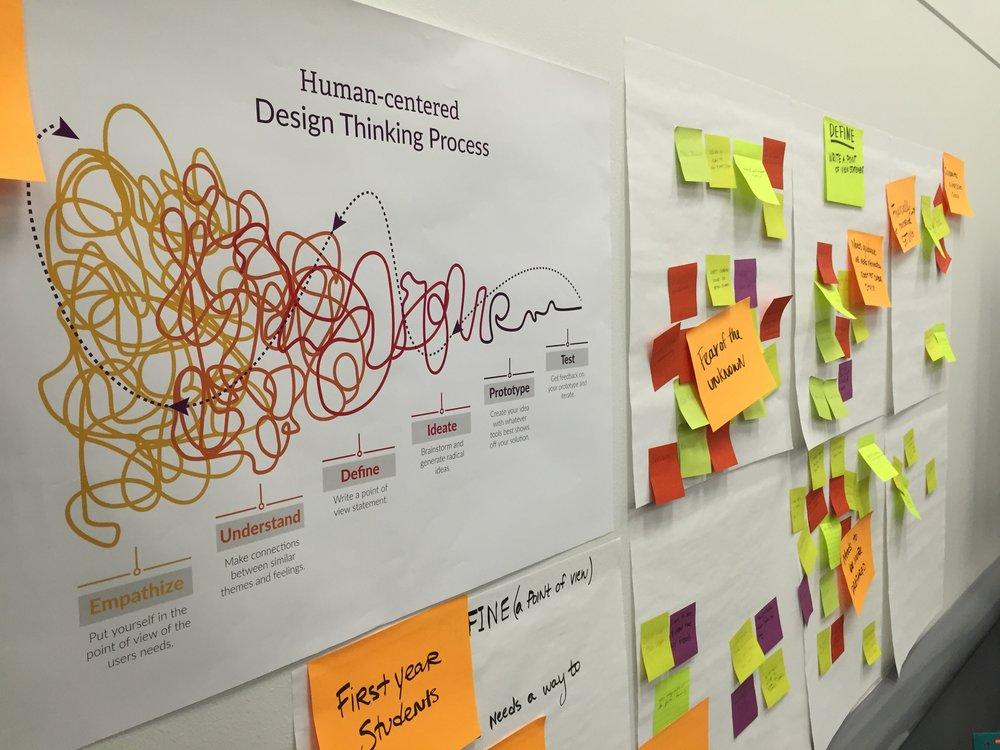








The major outcome of the project will be to develop nationallymeaningful and European-wide guidelines and policy recommendations on how to plan, deliver and embed employability frameworks in higher education and other forms of education in order to develop an effective and sustainable sport management workforce to continue to govern and run a sport industry that promotes economic development and healthenhancing physical activity and social welfare across Europe


To develop policy recommendations for government, federations and associations which are involved in sport employability and workforce policy formulation (local, regional and international level). This will include exploring critical social, political and economic environments that shape employability across the European sport sector.
To develop a digital toolkit with the best practices for developing employability within and outside of higher education curriculum delivery. These digital guides, eresources, recorded webinars and support videos will benefit sport management academics and employers who engage in collaborative work based or work-related learning interventions with educational partners. The guidelines will also be used as educational material for university students.
Investigate Higher Education best practice in developing sport management students employability, career development, enterprise skills and entrepreneurial intentions across the European Union. This will include engaging with cross disciplinary communities of practice to release a best practice review for academic and industry stakeholders inclusive of how professional or management skills and competences frameworks are embedded in curriculum design.
Measure pre-professional sport management students’ attitudes towards career intensions, career readiness, professional identity, entrepreneurial intensions, entrepreneurial orientation and self-assessment of skills and competencies.
Measure port managers’ (Frontline, Middle and Top Managers) from a variety of sport contexts (Community sport, Elite sport, Public, Private, Not for profit, Voluntary Sector) and backgrounds (gender, age) attitudes towards career development, appropriateness of talent development pathways, entrepreneurial intensions, entrepreneurial orientation and self-assessment of skills and competencies.
To study indicative examples of a range (gender, age) of expert (top/executive) sport managers career history/trajectories from across Europe. This study will explore what critical development decisions, education (formal/informal), career path preferences and critical experiences shaped their success resulting in the identification of common key factors that can assist the development of employability and career development strategies for pre-professional (student) and early career managers in the sport industry.

The higher education partner universities provide a balanced network of eastern and western Europe locations.
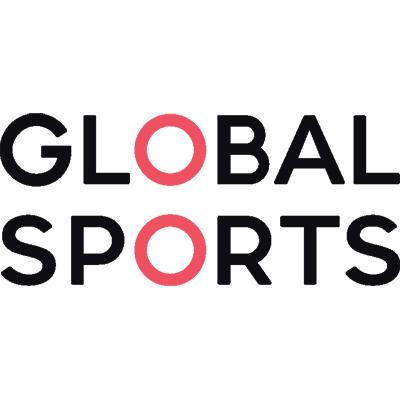
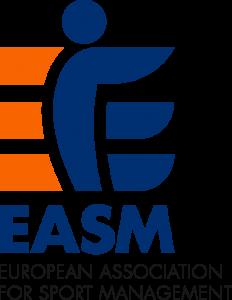
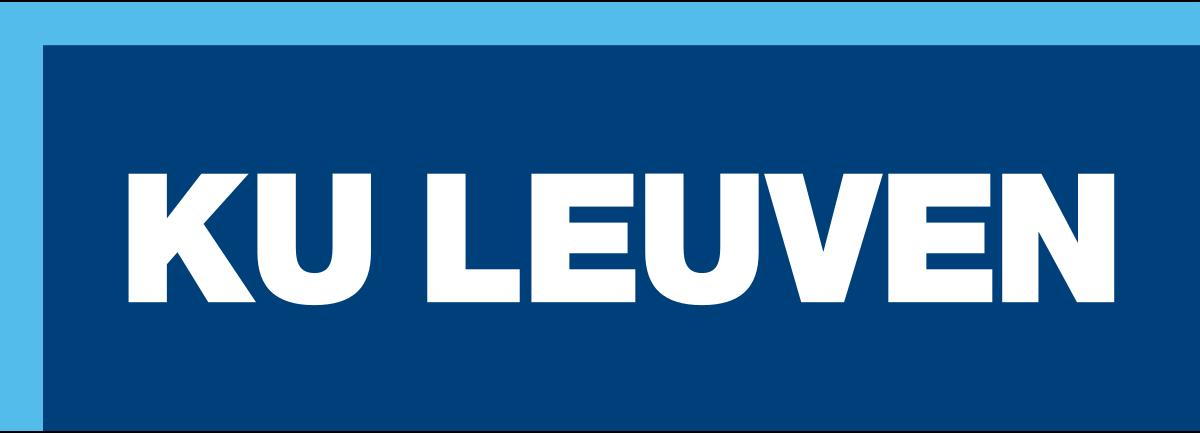
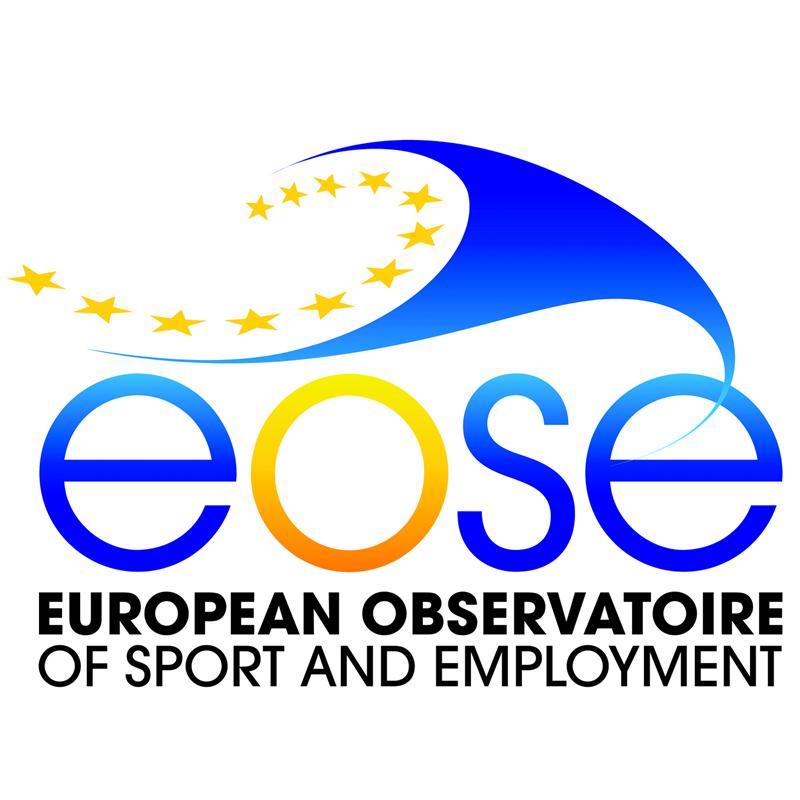


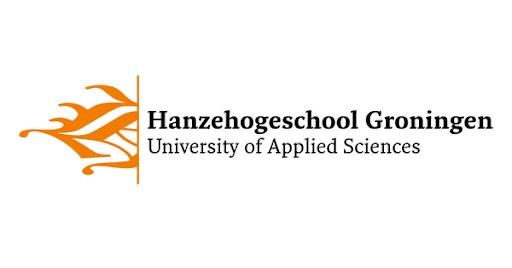
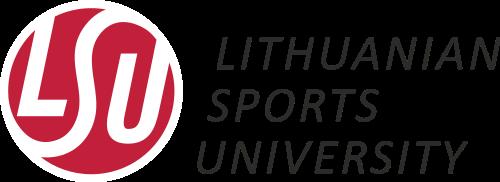
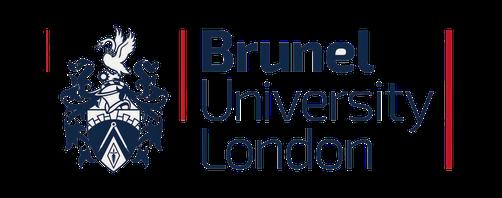
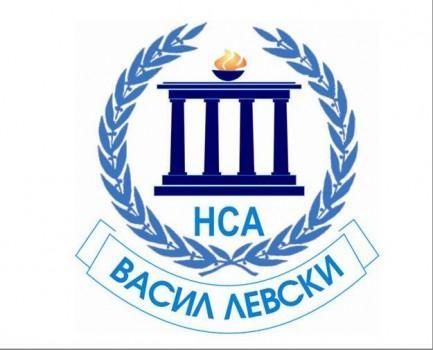
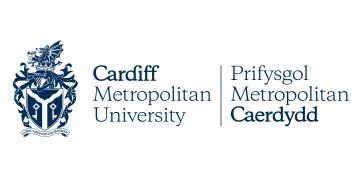 National & International Bodies Advisory
National & International Bodies Advisory

Steven Osborne
Employability Coordinator

Principal Lecturer Sport Management
Cardiff Metropolitan University

sosborne@cardiffmet.ac.uk
https://orcid.org/0000-0003-1715-7314
https://www.linkedin.com/in/cmustevenosborne/


Steven has worked and volunteered in the sport and physical activity
industry for 25 years with experience in management, strategic leadership and non-executive director functions. Steven is the Cardiff School of Sport & Health Sciences Employability Co-ordinator (Principal Lecturer) leading on the development of student employability plans. Steven is a member of the UK National Professional Development Board for Sport and Physical Activity , the national British Universities and Colleges Sport (BUCS) Research Lead for Employability and is the European Association of Sport Management (EASM) working group lead for Employability.


• Responsible for the overall coordination of the agreed work programme (WP);

• Responsible for the supervision of the tasks, activities, milestones as well as the related deliverables;
• Prepares periodic internal update reports;
• Reports and constructs WP action and implementation plans with the Project Coordinator;

• Organises communication within the respective work programme with task leaders across the partnership;
• Together with the Project Coordinator and other WP Leaders, coordinates across WPs;
• Presenting the WP conclusions, decisions, results and deliverables at external meetings,

 Professor Leigh Robinson
Pro-Vice Chancellor Professor in Sport Management
Professor Leigh Robinson
Pro-Vice Chancellor Professor in Sport Management
Cardiff Metropolitan University

lrobinson@cardiffmet.ac.uk

Professor Leigh Robinson is a Professor of Sport Management and the Pro-Vice Chancellor and has a global reputation for her research and knowledge exchange in the development of competitive advantage and capacity building in developing sport nations. She has worked with a range of organisations, such as the International Olympic Committee, the British Olympic Association, Trinidad and Tobago Olympic Committee and the Malaysian Government.
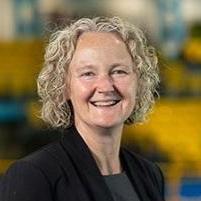
 Dr Vassil Girginov
Dr Vassil Girginov
President EASM

Brunel University London
Vassil.Girginov@brunel.ac.uk


Dr Vassil Girginov is Reader in Sport Management and Development. Previously he has worked as advisor to the Chairman of the Bulgarian
Sports Union, on the Sofia bids for the Winter Olympic Games and in higher education institutions in Bulgaria and Canada. He has been researching the sports development legacy of the 2012 London Olympic Games and the relationship between the culture of national sports governing bodies and participation in sport. Vassil’s current research projects include: ‘Intangible Olympic Legacy: Concept and Measurement’ commissioned by the International Olympic Committee and ‘Do Anti-Doping Interventions Work? An Investigation of Anti-Doping Interventions in the UK, Austria, Russia and South Africa’ commissioned by WADA’.
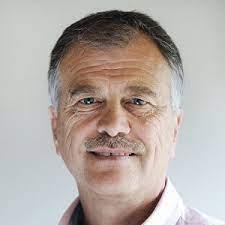

As an academic staff, Irena has held the position of Associate Professor for 8 years and last 2 years being Professor at LSU, I have taught or still teaching:

 Professor Irena Valantine
Professor Irena Valantine
Lithuanian Sport University

irena.valantine@lsu.lt
Sport Management, Sport Events, Leadership, Integrated Business Case and Organisational Development Modules. Irena has worked with the growing number of Erasmus+ Sport projects as a manager or researcher. Irena was or currently involved in projects - “Athlets Learning Entrepreneurship – a new Type of Dual Career Approach/ AtLETyC“ (2016-2018), “How to lead a club to a successful future/sportGO” (2015- 2017), “Sport Against Violence and Exclusion / SAVE” (2018-2020), “A serious Game Approach in Mitigating performance Enhancement culture in youth/GAME” (2018-2020), “Build Opportunities for Nourishments by Doing Sports/BONDS” (2018) and “ATHLETICS FOR YOUNG AND TEACHERS ALL OVER EUROPE/AYTOE” (2018-2019). Eight submitted applications are waiting for the results to be granted by EC.
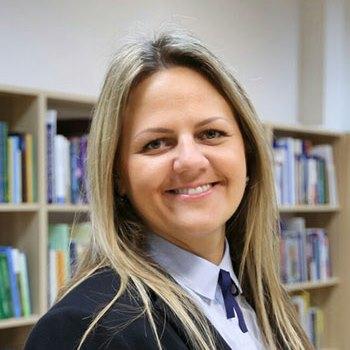 EASM Board Member
Professor in Sport Management
EASM Board Member
Professor in Sport Management


Professor Jeroen Scheerder

Professor in Sport Management
KU Leuven
jeroen.scheerder@kuleuven.be

Jeroen Scheerder (PhD) is professor in sport policy/sport sociology at the KU Leuven (Belgium) and head of the Policy in Sports & Physical Activity Research Group. He was president of the European Association for Sociology of Sport (EASS), visiting professor in sport sociology at Ghent University (Belgium), and co-founder of MEASURE and POLIS, two European research networks. He is editor of Running across Europe and Sport policy systems and sport federations (published by Palgrave Macmillan)


 Dr Sara Micheler
Associate Professor Sport Management University of Strasbourg
Dr Sara Micheler
Associate Professor Sport Management University of Strasbourg

sarah.mischler@unistra.fr

After completing a course in STAPS and obtaining a DEA in STAPS (1998) a DESS Management of Sport and Recreation (1999), a DEA in Sociology (2000), a PhD STAPS (2003), Sarah Mischler first worked in the management of sports equipment and then as a research fellow in a marketing research institute. She joined the Faculty of Sports Sciences and Physical Education of Lille in 2011 as a lecturer and joined the Faculty of Sciences of Strasbourg in September 2018.
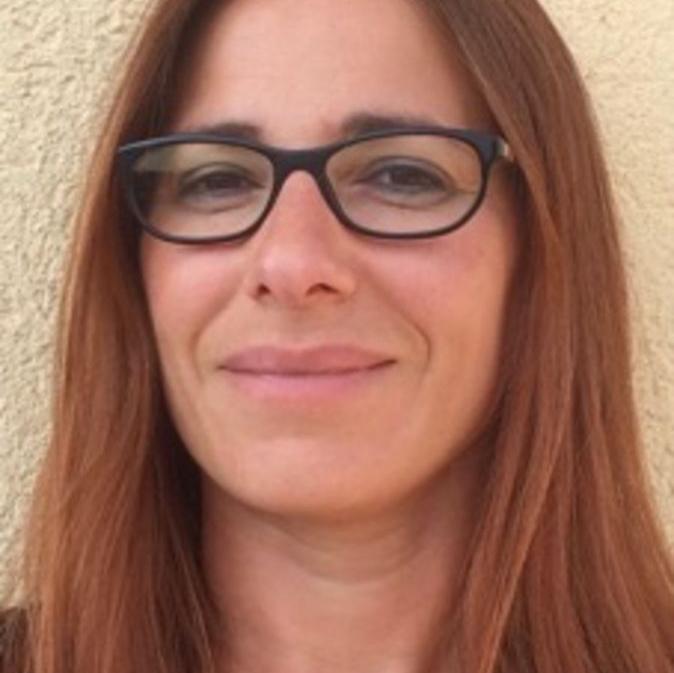
 Ben Gittus
Ben Gittus

European Observatoire of Sport and Employment (EOSE)


ben.gittus@eose.org
Ben has worked in vocational education and training in sport for the last 12 years. Ben’s main experience and expertise is in developing competence frameworks, linking qualifications to the labour market and developing professional recognition schemes. Ben has led the technical development of standards for many occupations within sport and active leisure. Ben leads on international partnerships and has developed standards and qualifications in countries including Saudi Arabia and the United Arab Emirates. Ben acts as Technical Director for the Register of Exercise Professionals in the UAE (REPs UAE).
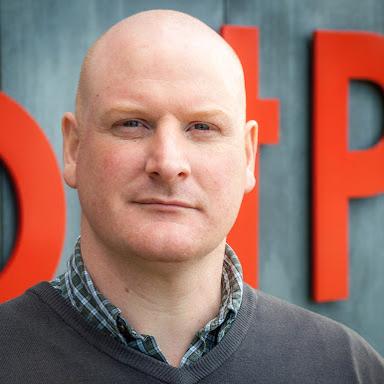


• Responsible for the timely implementation of the activities allocated by a WPL;
• Responsible for reporting and providing progress updates to the WPL;


• Takes, in agreement with the concerned WPL, decisions at the task level;
• Reports issues and risk that may impact the WP implementation;
 Liz Lewis
Programme Director
Liz Lewis
Programme Director


 Senior Lecturer Sport Management
Senior Lecturer Sport Management
Cardiff Metropolitan University

eaolewis@cardiffmet.ac.uk
Elizabeth is a Senior Lecturer in Sport Management and Development in the Cardiff School of Sport. She joined the School in 2015, following 11 years of employment in public sector Education and Lifelong Learning, including 8 years within sports development. Elizabeth is a former student of the UWIC (now Cardiff Metropolitan), graduating with a BSc (Hons) in Sports Development and later returning to complete an MA in Sports Leadership and Management.

Rachael Lusted
Research & Innovation Officer


Lecturer Sport Management
Cardiff Metropolitan University

rlusted@cardiffmet.ac.uk

Rachael is a lecturer in Sport Management and Development and the Research and Innovation Officer in the Cardiff School of Sport. She joined the school in 2012 and has experience across Finance, Human Resources, Research, Innovation and Development. Rachael is a former student of UWIC (now Cardiff Metropolitan), graduating with a BSc (Hons) in Business and Finance and later returning to complete an MSc in Financial Management.
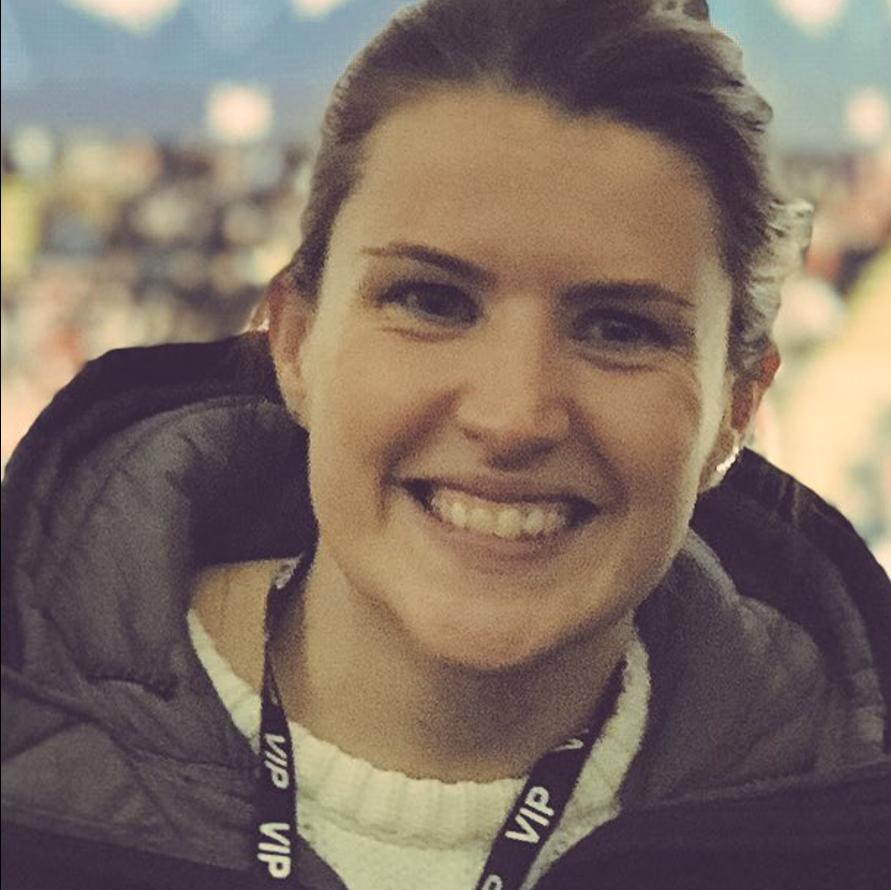
Gerco van Dalfsen
WASM Board Member

Sport Management
Hanze University of Applied Sciences of Groningen

g.van.dalfsen@pl.hanze.nl
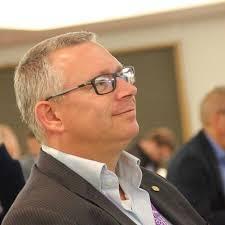

Gerco van Dalfsen studied at the Academy for Physical Education
in Groningen. After his graduation he continued studying Sport Management at Northumbria University in Newcastle. At the moment Gerco is finishing his PhD on Leadership in Sports at the Vrije Universiteit Brussel, Belgium.
 Ben Hattink
Sport Management
Ben Hattink
Sport Management
Hanze University of Applied Sciences of Groningen

b.hattink@pl.hanze.nl
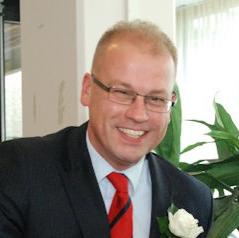


Ben Hattink studied at the Academy for Physical Education in Groningen. After his graduation he continued studying pedagogy at the University of Groningen. At the moment Ben is doing his PhD on Behavioural Economics. Ben worked for the Dutch bank ABN AMRO.
 Lilian Pichot
Sport Management
Lilian Pichot
Sport Management
University of Strasbourg

pichot@unistra.fr
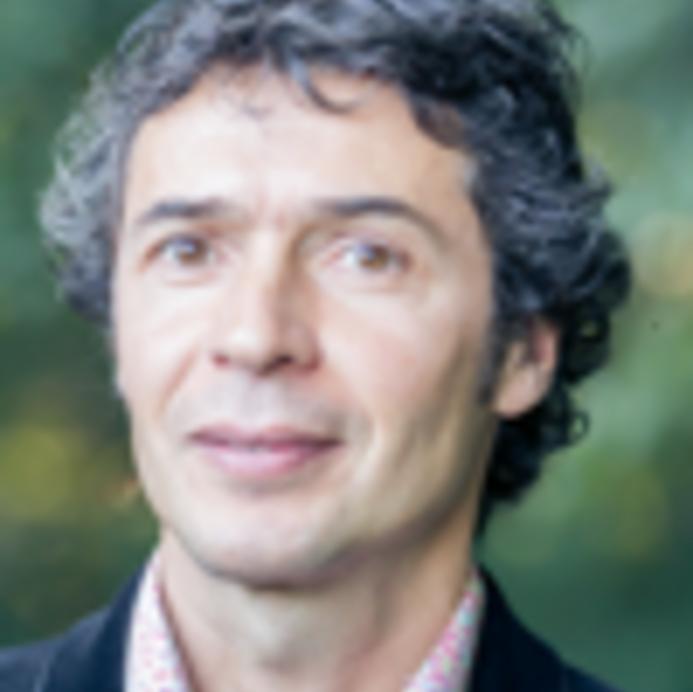


Master's degree STAPS specializing in social sciences and sport management (1992); DEA in sociology (1993); DESS Sport and leisure management (1994); Doctorate in sociology as a research recipient (1998); Authorization to conduct research (2019) ATER (1997-1999), lecturer since 1999; head of the Deust Métiers de la Forme (1999-2008), responsible for the STAPS degree in Management (2008-2011); professionalization officer of the Faculty of Sports Sciences (2015-2017); Scientific coordination of the research contract (2013-2015) Erasmus + Lifelong Learning program: European Employability of Graduates in Sports; head of the Master in Sports Marketing since 2018.
 Sandrine Knobe
Sport Management
Sandrine Knobe
Sport Management
University of Strasbourg

knobe@unistra.fr


Holder of a doctorate in science and technology of physical and sporting activities supported under the direction of Bernard

Michon at the Marc Bloch University in Strasbourg in 2002 with the title "Social meanings of sporting effort. Plural investments".
Holder of a postdoctoral fellowship in health sociology carried out in 2005-2007 under the direction of Patrice Pinell at the École des hautes études en sciences sociales with the title "Need for registration in cancer patient collectives - associative participation, structuring of patient collectives". Research engineer in the humanities and social sciences at the University of Paris-13 (20082009), and since December 2009 at the University of Strasbourg.
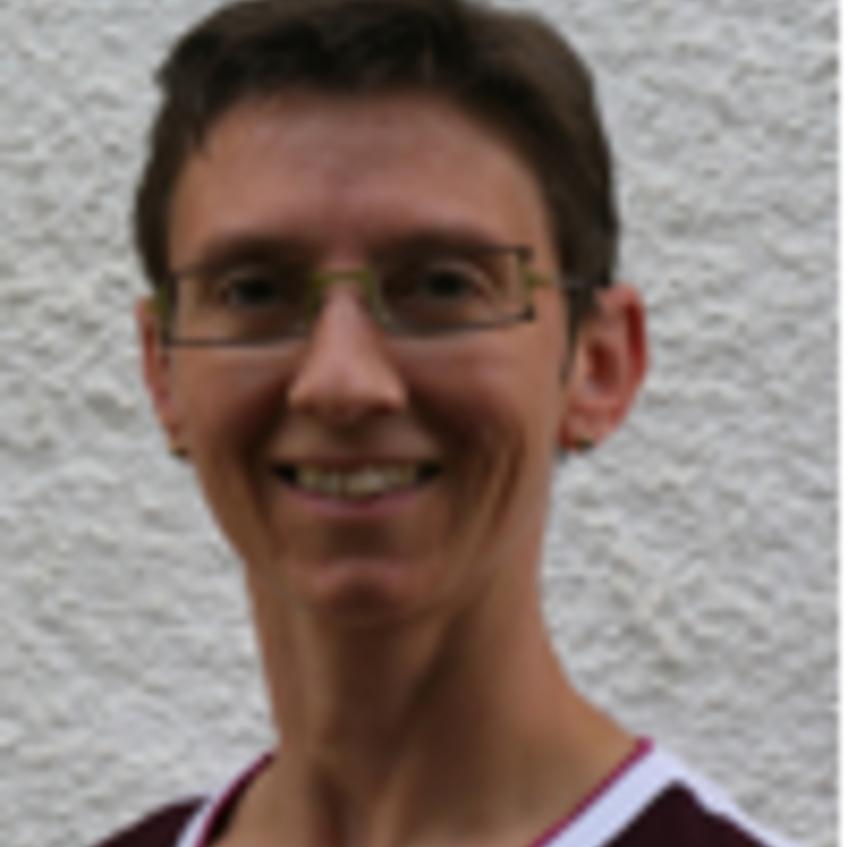
anne.benoit@unistra.fr
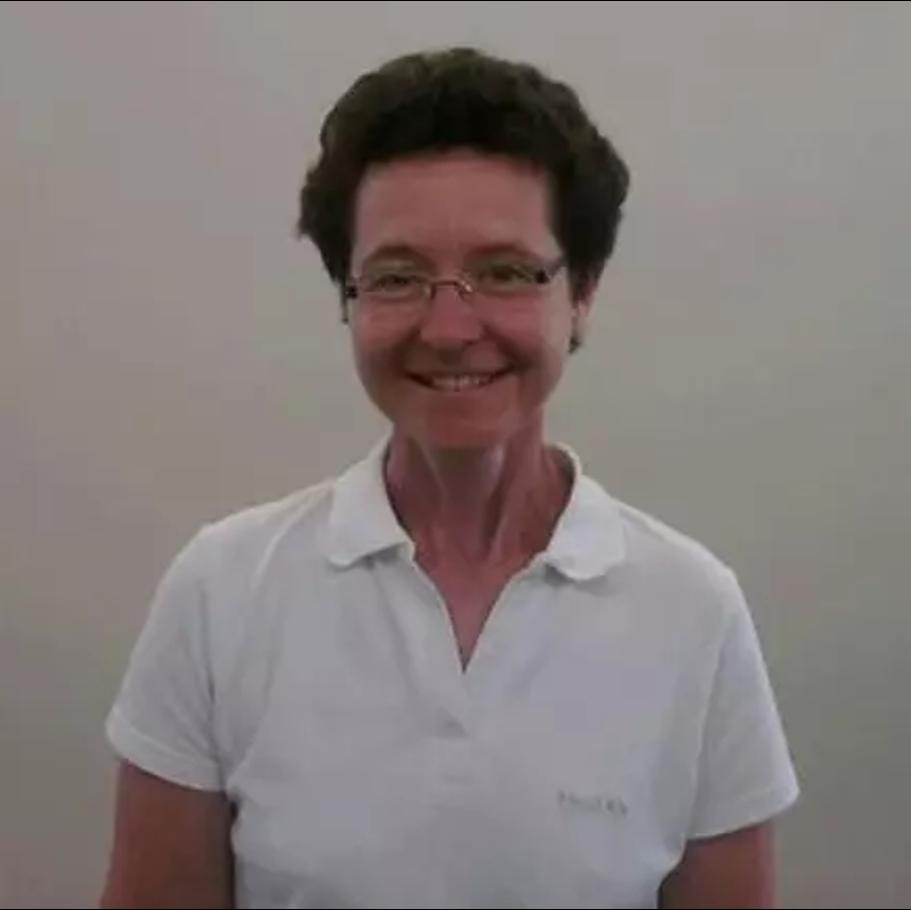


Responsible for guidance and professional integration at the Faculty of Sports Sciences of the University of Strasbourg, my main mission is to promote the professional integration of students. All the actions carried out within the framework of this mission contribute to it: information and advice, knowledge of opportunities, creation of communication materials, conduct of vocational integration surveys of graduates, participation in training engineering, business and alumni relations, follow-up of internship applications, teaching job search techniques.

 Anne Beniot
University of Strasbourg
Dr Vilija Bitė Fominienė
Anne Beniot
University of Strasbourg
Dr Vilija Bitė Fominienė
 Associate Professor Sport Management
Associate Professor Sport Management

 Lithuanian Sport University
Lithuanian Sport University

vilija.fominiene@lsu.lt

Department of Sports Management, Economics and Sociology,
Faculty of Sports Education at Lithuanian Sports University.
Research interests - human resources and their management in leisure industry (samples of sports and tourism organizations). The competence, careers and behaviour of the future specialists and employees.
Dr Inga Staskeviciute-Butiene

Associate Professor Sport Management

Lithuanian Sport University

Inga.Staskeviciute-Butiene@lsu.lt


Inga Staskeviciute-Butiene works at the Department of Sport and
Tourism Management at the Lithuanian Sports University in Kaunas. Her research interests include sport marketing, athlete branding, and dual career. She also holds a position of Director of Human Resources and Strategic Management Division at the Lithuanian Sports University. She is an EC expert of Horizon 2020 and HRS4R. Currently is coordinating Erasmus + Sport project “Media as a channel of Athletes’ Dual Careers promotion and education” and National project “Establishment of a national Athlete’s dual career center”.
Dr Ivan Sandandski Associate Professor Sport Management

National Sports Academy “Vassil Levski”

ivansan_nsa@abv.bg
Dr. Ivan Sandanski is Associate Professor in Sport Management at the National Sports Academy, Sofia, Bulgaria. He has authored and co-authored 3 books, 5 sport management textbooks and numerous research articles published in national and international peer reviewed journals, and presented at various scientific and sport industry conferences. His main research interests are in the fields of sport events management, sport sponsorship and marketing, management and governance of sport organisations, sport policy, and development through sport.

Dr Sandanski is also a head of the Career Development Center at NSA and is currently coordinating an extra-curriculum work integrated learning project “Student practices at workplace – phase II” administered by the Ministry of Education. At the present, Ivan is involved as a researcher in two Erasmus+ Collaborative Partnership projects: “PARAdig: Dual-Track Careers for Para Athletes” and “Life After Sport”. He has been a principal coordinator of the
“Entrepreneurial skills and competences in university sports qualifications through the experience of key non-governmental organisations in sport” project funded by the EU Social Fund.

Dr Ivan Slavchev
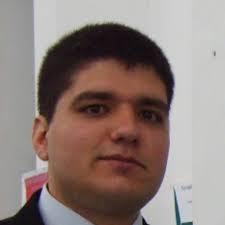
Reader in Sport Management
National Sports Academy “Vassil Levski”

i.a.slavchev@gmail.com


Ivan Slavchev is a reader in Sport Management, Sport Economics, IT and Business communications, and a coordinator of the Bachelor and Masters programs in Sport Management at the Management and History of Sport department at the National Sports Academy in Sofia. His interests are in the fields of Sport Economics, Event Management and Marketing, Communications. Ivan has, and is, participating as an expert in a number of international projects, representing the National Sports Academy, including the coordinated by EOSE projects - European Sector Skills Alliance for Sport and Physical Activity (ESSA-Sport); Continuing the journey towards a skilled workforce for the sport and physical activity sector in Europe (SKILLS; ongoing); Innovative education to enhance the skills of Sport Officials in Europe (ONSIDE); Strategy to Action: Supporting the professionalisation of sport organisations through the definition of work-based competencies and the development of fit-for-purpose training for Sport Administrators (S2A-Sport).

Bart Verschueren
Sport Management
KU Luven


bart.verschueren@kuleuven.be


Bart is an experienced coordinator with a demonstrated history of working in the leisure, travel & tourism industry. Skilled in Soccer, Event Planning, Sports Management, Coaching, and Event Management. Strong professional with aMaster's degree focused in Physical Education Sportmanagement from Katholieke Universiteit Leuven.



CIMSPA
colin.huffen@cimspa.co.uk


Colin Huffen, leads on all aspects of the chartered institute’s work regarding education and professional standards to develop a sector wide skills agenda and education programme. Colin joins has over 20 years experience in the sport and leisure industry. His previous role was strategic lead for policy with The Association of Colleges, leading a number of new policy developments in further education, and has also worked with Sports Coach UK, SkillsActive, the ASA and Loughborough College. Colin has also been recently appointed to the EuropeActive professional standards committee to promote the alignment of the UK and European educational standards in order to ensure the on-going portability of qualifications.
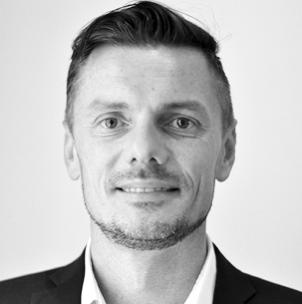 Colin Huffen
Geoff Carroll Director of Skills Development
Colin Huffen
Geoff Carroll Director of Skills Development
European Observatoire of Sport and Employment (EOSE)



geoff.carroll@eose.org
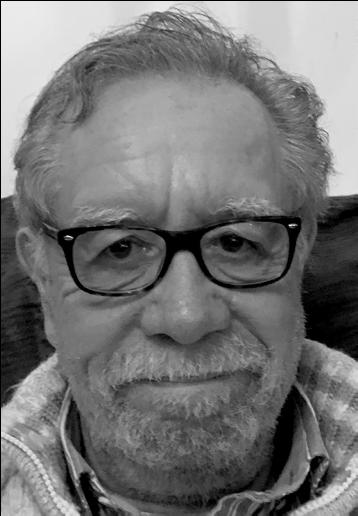
Geoff has worked in skills development for over thirty years as lecturer, manager and consultant. He was the lead consultant on the research and development of UK national occupational standards for Management and Leadership (2004) and their subsequent adaptation to the needs of sport and active leisure. He has worked on designing vocational qualifications and competency-based training programmes across many sectors: nationally, within the EU and its neighbouring countries, the Middle East and Africa. In 2018-19 he supported EOSE on the analysis of labour market information and the employer skills survey within the ESSA-Sport project.


Will has over 20 years experience in the International Sports Industry, particularly in Europe, Middle East and Asia. He has had

the good fortune to work with some high profile businesses and people in the international business of sport. As a culmination of his experiences he launched GlobalSportsJobs in early 2011 to provide a cost effective, technology based solution to attract a broader and more diverse range of talent to the international marketplace.
Specialties: Specialist knowledge of talent within the Global Sports Industry


 Sport Management Graduate
CEO Sportidealisten
Sport Management Graduate
CEO Sportidealisten



Jakob's vision is to inspire and make an impact and give back to the sport community. He holds a Master’s degree in Sport Sciences, specialization in Sport Management. Jakob is a sports entrepreneur who has founded the sports jobs platform, Sportidealisten, where he helps more people finding their dream job in sports and he won a prize for young innovators in Sweden. Furthermore, he has cofounded the Nordic Sports Tech community and was named one of the top 40 Sports Tech innovators in Europe. Lastly, Jakob is a board member of the European Association for Sport Management.
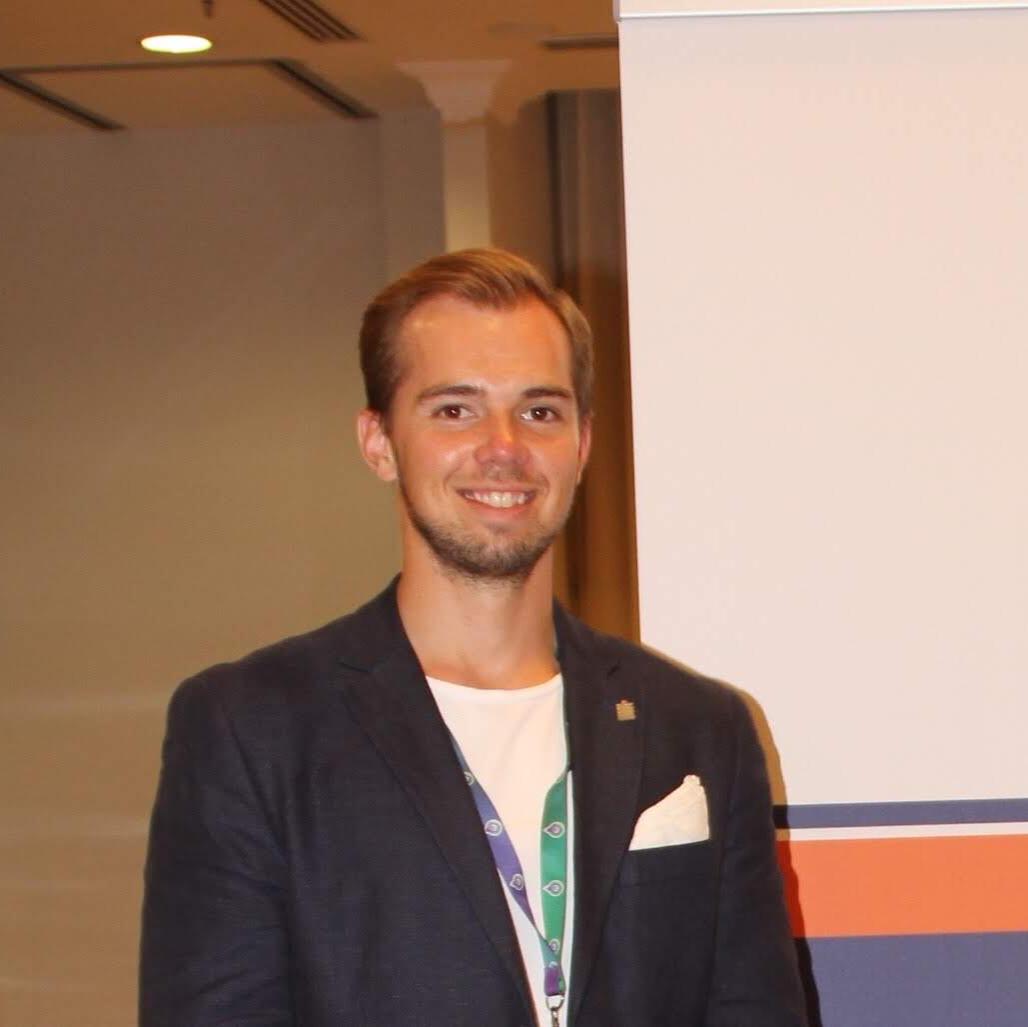 Jakob Wikenstaal
EASM
Jakob Wikenstaal
EASM



Loughborough University London

Chris has studied a B.A. in International Sports, Management and Business at the Amsterdam University of Applied Sciences. Over the course of this four-year bachelor degree he completed a three-month internship at the American School of Paris and a one-year graduation internship in international business development at Villarreal CF in Spain. He also completed a minor in Finance & HRM at Coventry University and participated in a number of volunteering roles in grassroots sports. He currently lives in London where he is studying a MSc. In Sports Business and Leadership at Loughborough University London. He has formed part of the EASM board as student representative since September 2019.
 Chris Overduin
Chris Overduin
Hague University of Applied Sciences




Emma is currently in her final year studying International Sport Management at The Hague University of Applied Sciences. This 3-year bachelor programme is a practical orientated programme, combining theoretical lessons with practical experience such as developing and organising events and volunteering at international sporting events.
Emma has completed a 10-week internship for a Sports Agency in Switzerland and has now started a graduation internship at ASICS. In combination with this internship as a PR intern in the Running Department she will be writing my bachelor thesis. Emma has been a student representative for EASM since September 2019.
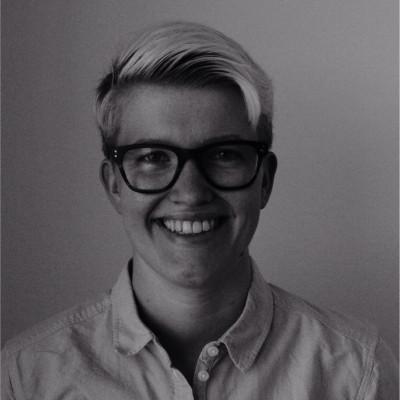 Emma Baker
EASM Board Member
Emma Baker
EASM Board Member



Farran is in her final year of studying Sports Management and Business at the University of Brighton. Farran is one of just nine members on
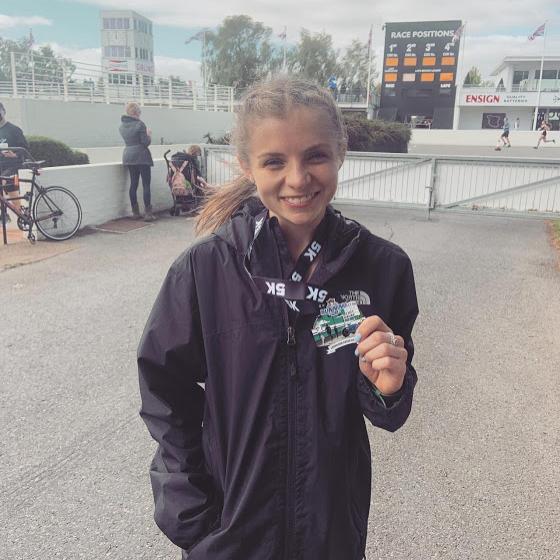
the UK CIMSPA Youth Panel which provides the national board of trustees with an authentic perspective from student and young professional perspective. Farren joined the youth panel in July 2019 and enjoying my time working with the organisation and being given the opportunity to facilitate my knowledge of the industry further. Farran has a love for sport and in particular long distance running and have done for the past three years (when I am not injured!!). Previously to this I used to take part in many school sports and had the opportunity to compete competitively in eventing (horse-riding).
 Farran Leach
CIMSPA UK Youth Panel Member
Sport Management Student University of Brighton
Harrison Clayton SportWales Board Member
Farran Leach
CIMSPA UK Youth Panel Member
Sport Management Student University of Brighton
Harrison Clayton SportWales Board Member
 Sport Management Student Cardiff Metropolitan University
Sport Management Student Cardiff Metropolitan University


At a national level, I’m currently a Platinum Young Ambassador (YA) for Wales and sit on the Sport Wales Board as the representative for YAs in Wales. I’m supported in this role by Youth Sport Trust, Sport Wales, and Sport Powys. I’m also part of the National Steering Group that makes sure that the voices of all YAs in Wales are heard. Social action has given me the opportunity to link up with national sporting governing bodies including Disability Sport Wales, Football Association of Wales, Swim Wales and Welsh Athletics. This has given me invaluable insights into the work that these organisations do to support young people and sport across Wales. Thanks to my experiences as a volunteer, coach and YA, I’ve gained an indepth understanding of the world of sport and have decided to follow a career in sports management.





Alice is currently studying BSc Sports Management at Cardiff Metropolitan University whilst also working part time as a Business Support Officer for Hockey Wales where she leads as a Diversity Champion, promoting equity, diversity and inclusion within the team. Alice has been a Young Ambassador for the Organisation since 2013, working up from Silver to Platinum Young Ambassador, Member of the Steering Group and Youth Representative on the Board of Directors. She was then selected to represent Wales at the European Hockey Federation Youth Festival in Antwerp in 2019. Alice also been fortunate enough to work within different sports such as a football, netball and athletics as a coach and official and was a Young Ambassador for Sport Wales for 4 years.
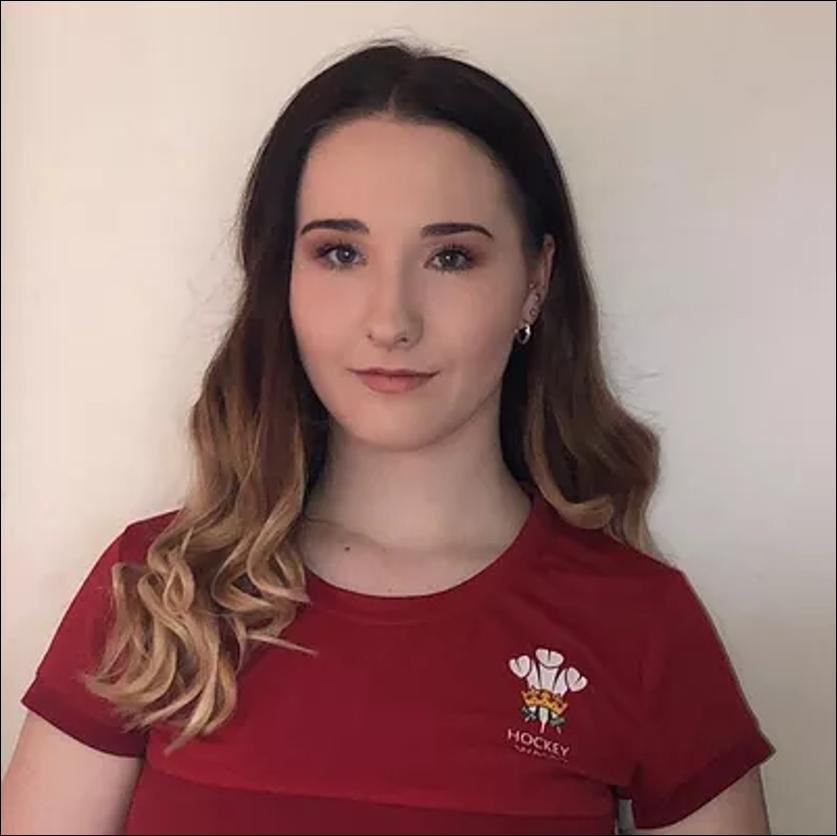
During the 2017 National School Games she supported The Reporters Academy as a media officer producing a video piece capturing the Games. During Covid I also become a Volunteer Responder for the NHS to help my local community.
 Alice Gregory
Welsh Hockey – Board Member
Sport Management Student
Cardiff Metropolitan University
Alice Gregory
Welsh Hockey – Board Member
Sport Management Student
Cardiff Metropolitan University




The PSC will provide support to the Project Coordinator in making informed decisions with respect to overall project direction as set out in the approved project and grant agreement.
The PSC are tasked on behalf of Cardiff Metropolitan University to ensure the successful delivery of the project in line with agree scope, cost, time and any commitments, e.g. environment, safety and inclusive design.

Project Governance Structure
Organisation and monitoring of the project activities, and the assurance of these activities’ quality.
Selection of the best practices from employability and entrepreneurship in cross disciplinary communities of practice within partners countries (sport and general approaches).
The field research aims to consolidate the ongoing collection of primary data where existing good practice has been identified acting to develop on the recommendations of these recent major projects
To disseminate the end-products of the project to scholarly communities, national agencies, sport bodies and organisations, which are involved in employing and/or developing sport managers (paid or voluntary)
Quality management has to be implemented to ease the project execution from the start to the end. It describes the activities and quality criteria which need to be achieved and measured within the project.
The aim of this work package is: to develop guidelines and toolkits of good practices for developing sport management student employability



To identify, bring together, and facilitate representatives of different nations and disciplinary networks to engage, collaborate and provide advice during the lifecycle of the project.
To facilitate interactions and knowledge exchange between partners, employers and members of the of the cross disciplinary communities to build longer term relationships and exchange of ideas.



• Building a bridge of trust through effective and respectful communication.
• Establish a shared purpose and common areas of interest.
• Develop diversity encouraging everyone to participate in problem solving.
• Accept and encourage initiative, creativity and self-improvement.

• Developing a culture of information sharing, not information hoarding.
• Create transparency in decision-making.
• Understand that conflict can be constructive and will lead to greater insight.




The DSMLE Communication and Outreach Plan sets the communications framework for this project. It serves as a guide for communications throughout the life of the project and will be updated as required.

Cross Partner Collaboration Space
The will utilise Microsoft Teams (MSTEAMS) collaboration tool to support the organisation and management of the project in an easy manner. The aim is to make communication among the partners efficient and accessible.

General Channel
• Outlining key policy, LMI, coordinating surveys
• Updates – ASET, QAA, EEUK, AGCAS
• Project Reporting
Dedicated Work Programme Channels
• Planning Content
• Project Folders
• File sharing
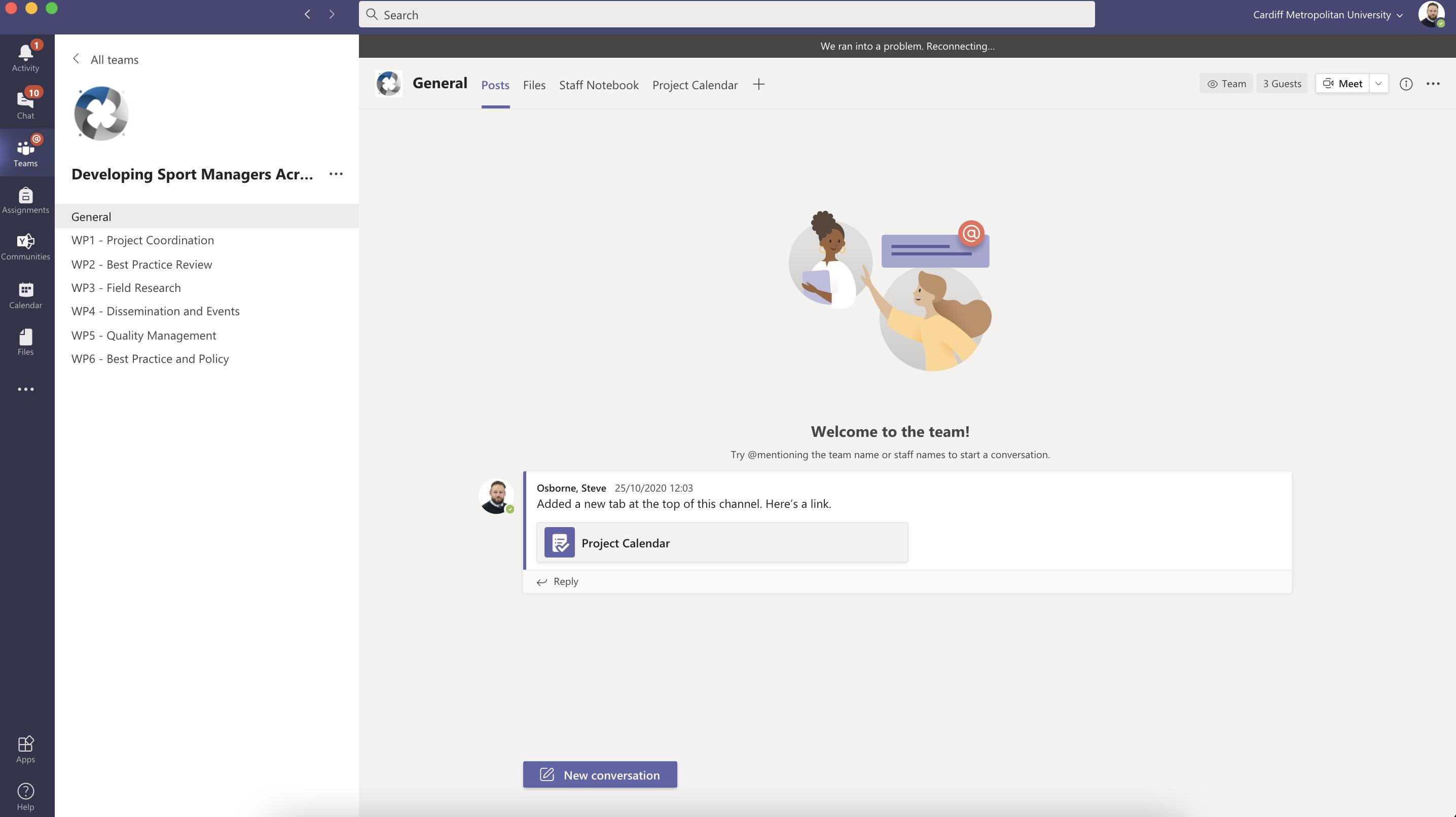
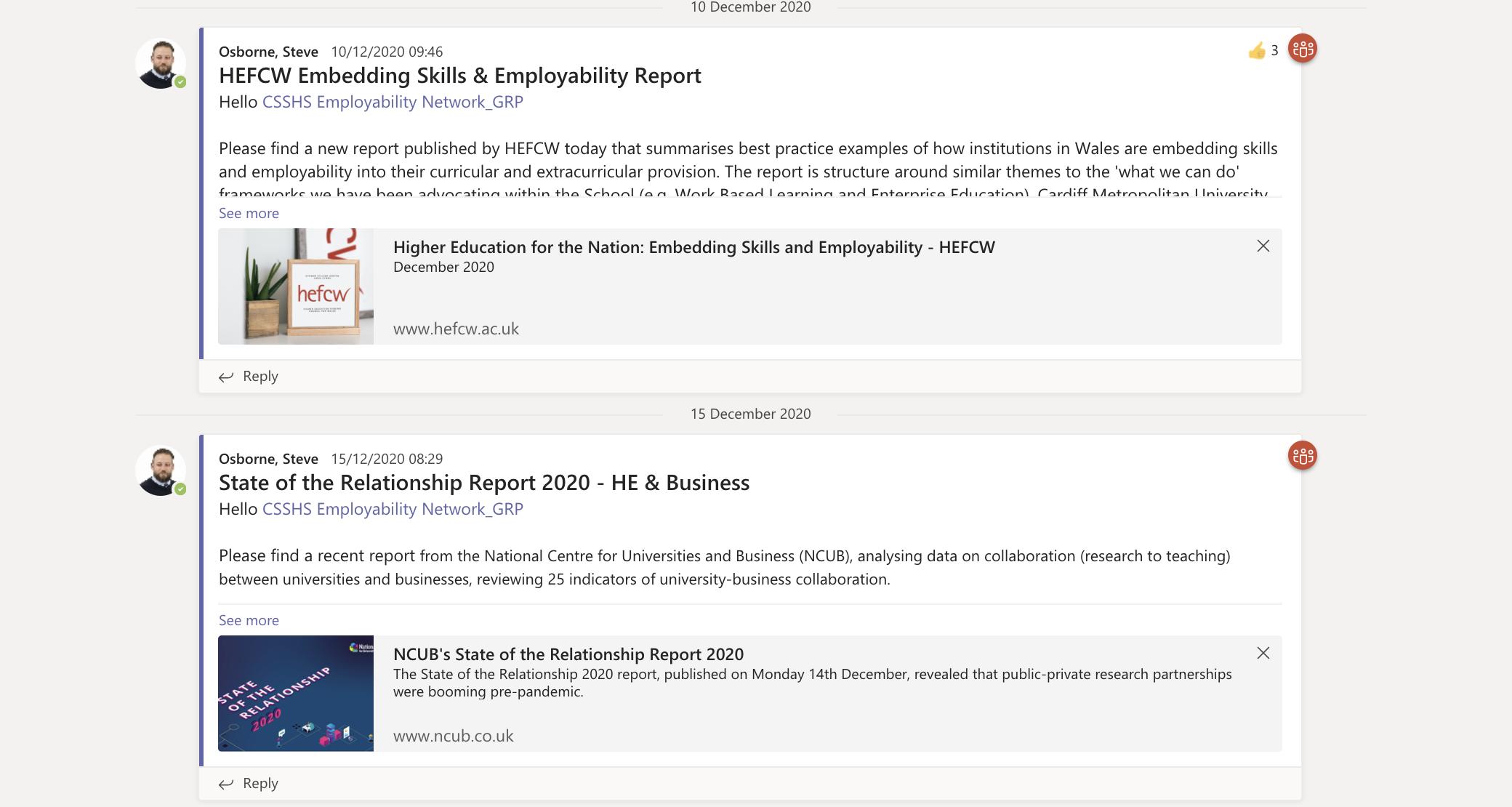



• To-Dos – for tracking tasks and assigning priorities
• Message Board – for sharing announcements, updates and key communication;
• Instant forwarders or daily reports can be sent by e-mail
or PC.
• Casual chat and/or direct or private communication between project members
• Video conferencing – Allowing collaboration in real time.
• Screen sharing - sharing screens so that all partners they can see the same content.
• File sharing - Co-author files in real time. Securely store, access, share, and collaborate.
• Apps and workflows
- Streamline tasks and critical business processes
• Privacy and security - Regulatory, legal, and organizational needs with compliance offerings.


MSTEAMS is agreed and used as a project document repository and basis for project management, administration and collaboration. It contains all important information needed for ongoing work and collaboration across WPs. All project partners have access to all information stored in dedicated channel folders

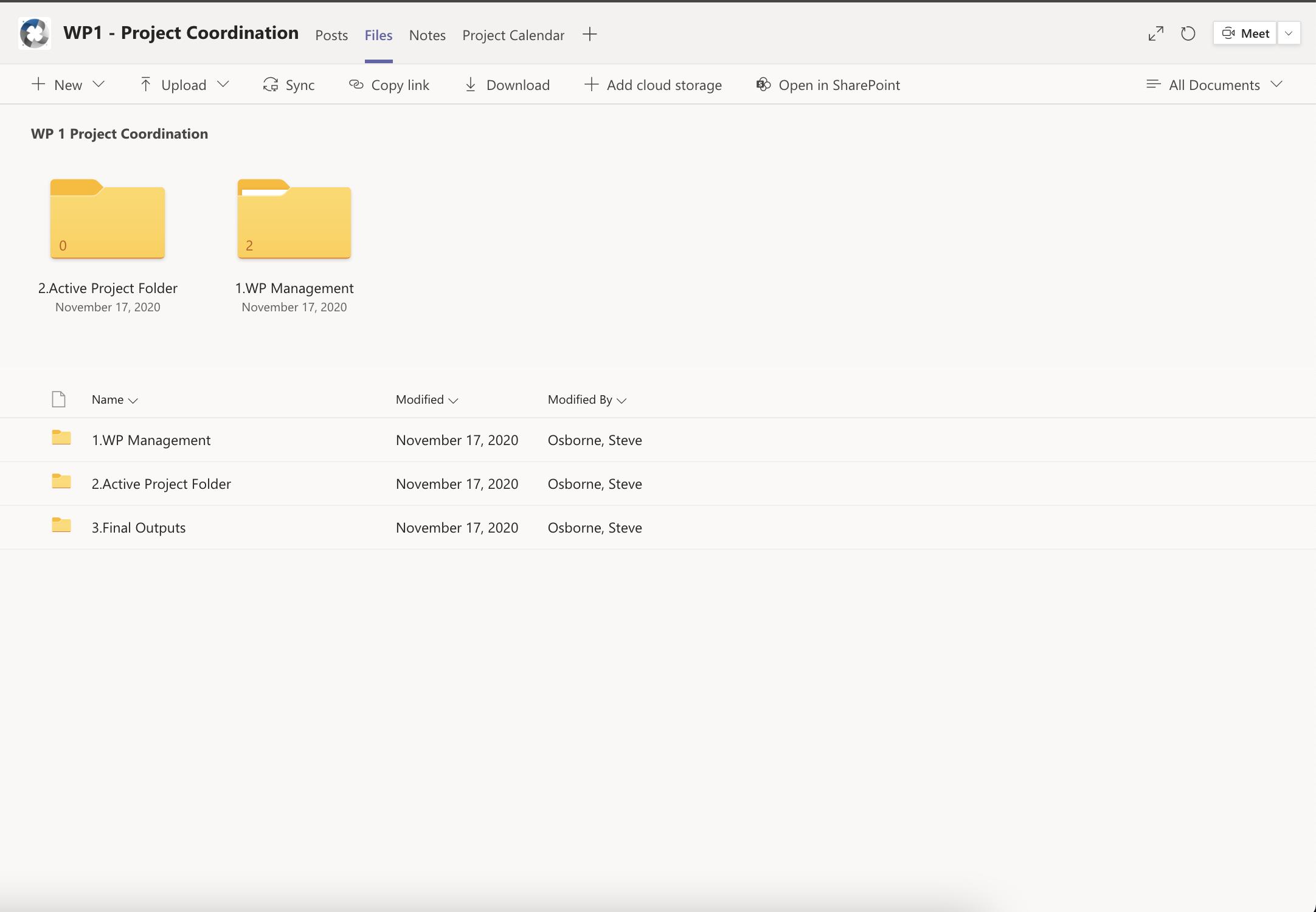

MSTEAMS is agreed and used as a project task planner for project management, administration and collaboration. Functions allow WPL to allocate key tasks and deadline needed for ongoing work and collaboration across WPs.

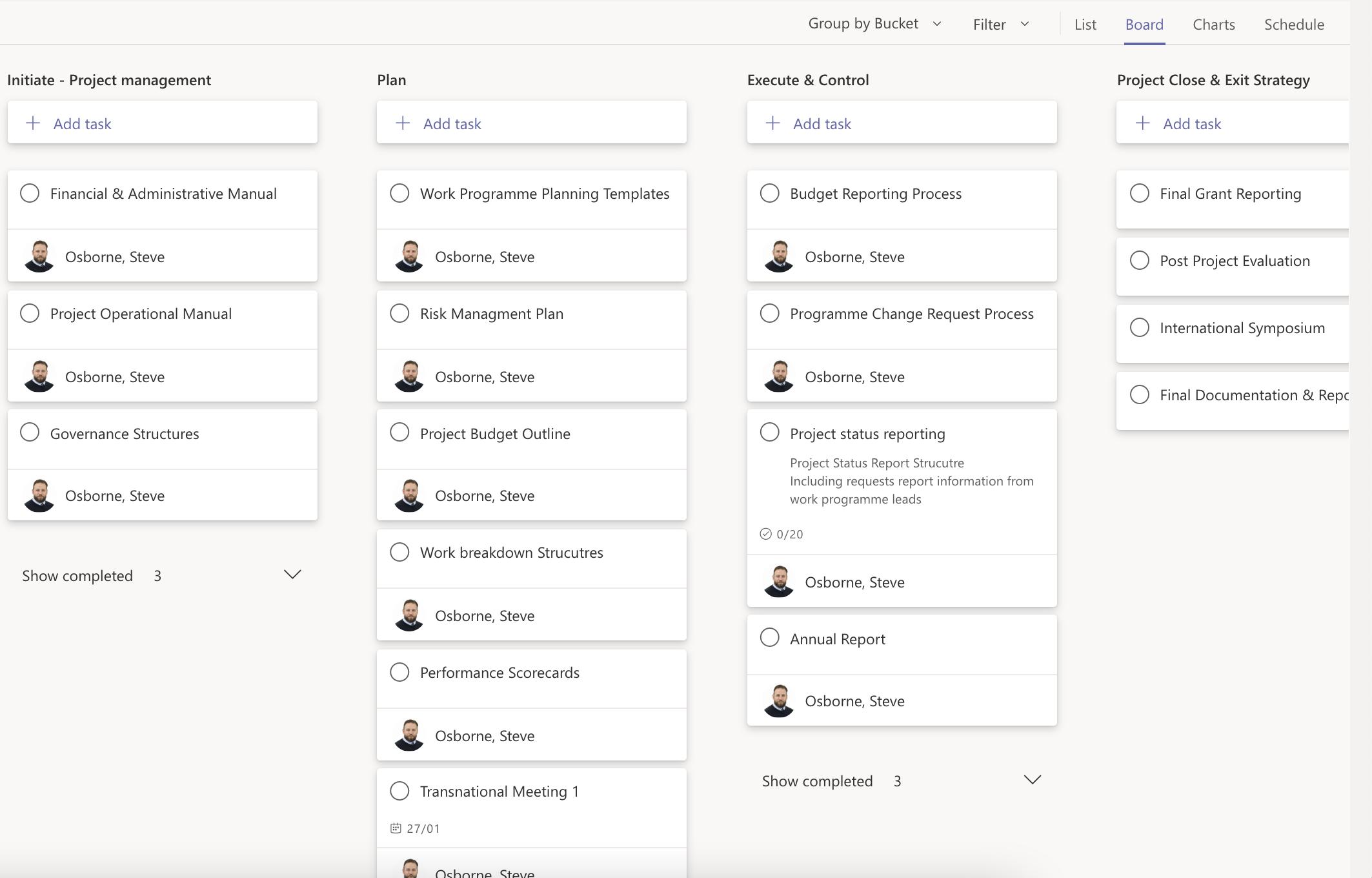
















Employability is defined by the European Centre for the Development of Vocational Training (Cedefop, 2018) as a combination of factors (such as job-specific skills and soft skills) which enable individuals to progress towards or enter into employment, stay in employment and progress during their careers.



A set of achievements – skills, understandings and personal attributes – that makes graduates more likely to gain employment and be successful in their chosen occupations, which benefits themselves, the workforce, the community and the economy
(ESECT, based on Yorke 2006)




• A lifelong process.
• Applies to all whatever their situation, course or mode of study.
• It is complex and involves a number of areas that interlink.


• Supporting people to develop a range of knowledge, skills, behaviours, attributes and attitudes
• Enabling people to be successful not just in employment but in life.
• In an HE context It is a university-wide responsibility.
• Making the components of employability explicit to students to support their lifelong learning.
Cole & Tibby (2013)

• It is not about replacing academic rigour and standards.
• It is not necessarily about adding additional modules into the curriculum.
• It is not just about preparing students for employment.
• It is not the sole responsibility of the Careers Department.
• It is not something that can be quantified by any single measure (DLHE /Graduate Outcomes)

 Cole & Tibby (2013)
Cole & Tibby (2013)
WHAT WHEN WHERE
Darce-Pool & Sewell (2007)
‘Graduate model of employability’




Provides a framework to develop a broad range of interventions (the what should we focus on issues). .
Gilworths (2016)
Career Decidedness Framework
Explore, decide compete model])

helps identify what we can do at different stages of the student journey
O’Shea, (2008)






Employability Delivery Framework
Identifies the key environments where we can deliver employability related learning.
Meta Frameworks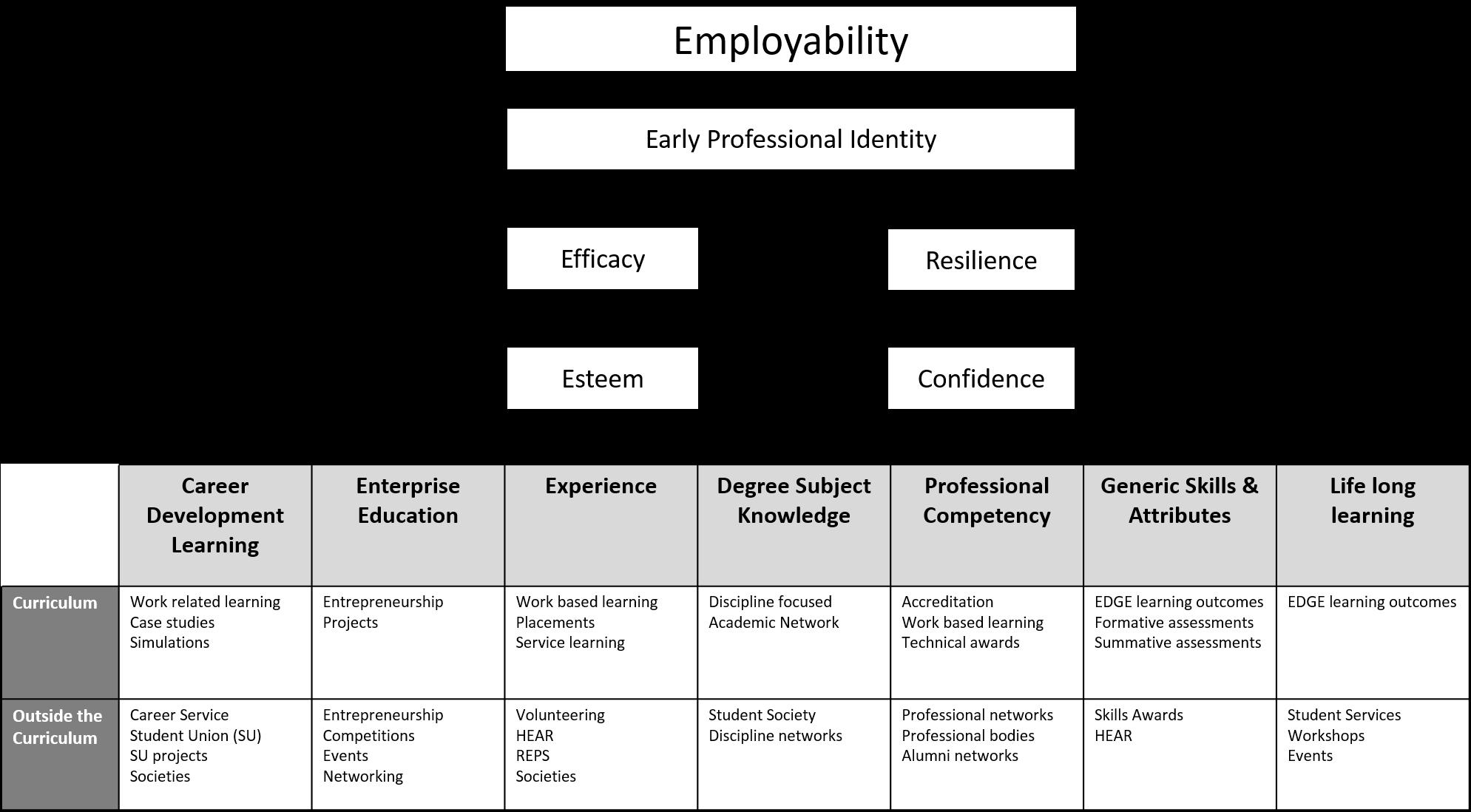
(adapted from Darce-Pool and Sewell, 2007)
Generic Academic Skills & Attributes
Curriculum
Outside the Curriculum
Events CPD
Accelerators
Networking
Working lives
PSRB Networks Industry Conferences Technical Awards
Alumni networks
Analysis
Synthesis
Evaluation
Learning resources
Manage information
Autonomy
Communications
Skills Awards
Academic support sessions
( Adapted from Lizzio, 2011; Gilworth, 2016)
Schools & Further Education Higher Education
Level 1-3
Educational Choices
FE education
Get technical qualifications
Level 4
Explore Career options
Develop knowledge
Get technical qualifications
Level 5
Plan Career Pathway
Focus your work experience
Enhance technical qualifications
Level 6
Compete for Opportunities
Career management
Professional accreditation
Professional & Continued Education
Graduate (Level 7+)
Postgraduate Courses
Professional Development
Graduate Schemes
Professional Mentoring & CPD
Professional Accreditation
Talent development programmes
Knowledge Development
Young Ambassador Scheme
Student led activities
Volunteering
Part time work
Seasonal work
Extra curricular activities
University Applications
Career Guidance
Knowledge Development
Industry Awareness
Work related learning
Problem based learning
Research/digital skills
Volunteering
Part time work
Seasonal work
Extra curricular activities
Career guidance
Career Fair
Preparation for Placements
Knowledge Development
Work based learning (Campus)
Work related learning
Enterprise Education (Value)
Research /digital skills
Volunteering
Part time work
Seasonal work
Extra curricular activities
Career guidance
Career Fair
Preparation for Placements
Knowledge Development
Work based learning (Employer)
Work related learning
Entrepreneurship Education (Venture)
Research Projects and application
Volunteering
Part time work
Graduate Schemes/PGCE Applications
Extra curricular activities
Career Guidance
Careers Fairs
Assessment Centres
Knowledge Development
Graduate programmes

Work based learning
Work related learning
Research Projects
Networking
Career Guidance
Learning Communities
Additional accredited learning
Accelerated Leadership programmes
Mentoring
Higher Accreditation
Networking
Learning Communities
Knowledge Sharing Partnerships
Work Based & Placement
(Osborne & Lewis, 2021 pending)

University Sponsored Placements & Internships
Extended Consultancy Projects
Vicarious Learning – Shadowing Campus Staff
Volunteering & Paid Employment
Supervision and Mentoring on campus staff
Professional Development Modules
Campus Based Scenario and Simulation Training
Competency and Proficiency Tasks
Project and problem-based learning
Employer Insights (Sync/Async) Guest Lectures
Resource Utilisation – Integrate activities into seminar learning
Case Study Learning
Enquiry Based Learning
Service Based Learning
Capstone Project
Campus based conferences Seminars
Enterprise Education Learning Modules
Entrepreneurship Education Learning Modules/Projects
Enterprise Education
Module – Problem Based Learning
Business start up support
Events & out of curriculum seminars/workshops
Career Development
Professional Development Modules
Career Development Management – Career Adaptability
Career Development workshops and events
Sector Awareness
Curriculum Development & Understanding
Knowledge Development
PSRB Constructive Alignment
Research Informed Curriculum Development
Conceptual and Procedural
Skills Development
Seminar & Assessment Frameworks
Extra curricular (Sport / Volunteering/ Awards)
Communication
Basic competences in science and technology
Digital competence
Life-Long Learning
Learning to learn
Social and civic competences
Sense of initiative and entrepreneurship
Cultural awareness and expression
Virtual Placements & Internships
Extended Consultancy Projects
Digital Vicarious Learning – Shadowing Business
Virtual Volunteering & Paid Employment
Virtual Supervision and Mentoring

Digital/ VR Scenario and Simulation Training
Digital/VR Competency and Proficiency Tasks
Project and problem-based learning collaborative spaces
Employer Insights (Sync/Async) Webinars/ Podcasts
Employer Insights – Digital/VR Site Visits
Digital/ Multi-media Case Study Learning
Digital Enquiry Based Learning
Service Based Learning
Capstone Project
Industry Digital Conferences/ Seminars
Enterprise Education Learning Modules
Entrepreneurship Education Learning Modules/Projects
Digital Open Innovation Projects
Digital Business Start up support
Digital Communities
Events & out of curriculum seminars/workshops
Online Professional Development Modules

Career Development theory – Career Adaptability
Career Development digital workshops and online events
Sector Awareness
Curriculum Development & Understanding
PSRB Constructive Alignment
Research
Informed Curriculum Development
Conceptual and Procedural
Seminar & Assessment Frameworks
Extra curricular (Sport / Volunteering / Awards)
Communication
Basic competences in science and technology
Digital competence
Learning to learn
Social and civic competences
Sense of initiative and entrepreneurship
Cultural awareness and expression
Workplace Placements & Internships
Extended Consultancy Projects
Vicarious Learning – Shadowing Business
Volunteering & Paid Employment
Workplace Supervision and Mentoring
Learning Module Delivery in-situ
Work Based Scenario and Simulation Training
Competency and Proficiency Tasks
Project and problem-based learning
Employer Insights Site Visits & Employer Briefs
On site Live Case Study Learning
Field Work
Service Based Learning
Capstone Project
Industry Conferences /Seminars
Business Accelerators
Business Incubators
Events & Sector Specific seminars/workshops
External Support Services
PSRB Support & Events
Employer Onboarding , Induction & Appraisal
Sector Awareness
PSRB Led insights
Industry Led Insights
Employer Led Insights
Procedural
PSRB Led Training & Development
Industry Led Training & Development
Employer Led Training & Development
PSRB Led Training & Development
Industry Led Training & Development
Employer Led Training & Development


Review of Literature and resources to inform the development of a best practice toolkit.
1. Each partner will research the best practices linked to activities involving developing student and sport managers employability and enterprise/entrepreneurship in its own country. EASM ) and EOSE will research best practices at a European level.
2. To engage with international cross disciplinary experts to identify best practices linked to developing employability and enterprise/entrepreneurship.
Management Echelon Theory

EXPERT LEADERS

Career Trajectory Research




Priorities for Industry
Strategic Orientations – (Market, Enterprise, Learning)
MIDDLE MANAGERS.
Career Aspirations
Professional identity and Development
Self-assessment of skills and competencies
FRONTLINE MANAGERS
Strategic Orientations – (Market, Enterprise, Learning)
Career Aspirations
Professional identity and Development
Self-assessment of skills and competencies
Pre-Professional (Students)

Strategic Orientations – (Market, Enterprise, Learning)

Career Intentions & Aspirations
Professional identity and Development
Self-assessment of skills and competencies


• Career intensions,
• Career readiness,

• Professional identity,


• Entrepreneurial intensions & entrepreneurial orientation
• Self-assessment of skills and competencies.



Managers
To measure sport managers’ (Frontline, Middle and Top Managers) from a variety of sport contexts (Community sport, Elite sport, Public, Private, Not for profit, Voluntary Sector) and backgrounds (gender, age) attitudes towards career development, appropriateness of talent development pathways, entrepreneurial intensions, entrepreneurial orientation and selfassessment of skills and competencies.






This study will explore what critical development decisions, education (formal/informal), career path preferences and critical experiences shaped their success resulting in the identification of common key factors that can assist the development of employability and career development strategies for pre-professional (student) and early career managers in the sport industry.


Management Echelon Theory & Core National Sporting Ecosystem Model
PRE-PROFESSIONAL (STUDENTS)

Nationalised Elite Organisations
FRONTLINE STAFF

FRONTLINE MANAGERS
MIDDLE MANAGERS
EXPERT LEADERS
Sport Administration Organisations







Professional Elite Organisations
Public Participation Organisations
Not for Profit Participation Organisations
Commercial Participation Organisations




To explore employers’ attitudes towards higher education programmes, challenges for workforce development and explore collaborative approaches to developing employability in preprofessional, professional and voluntary sport managers through industry/ employer consultation

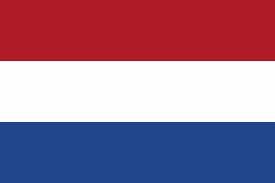
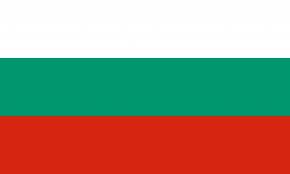
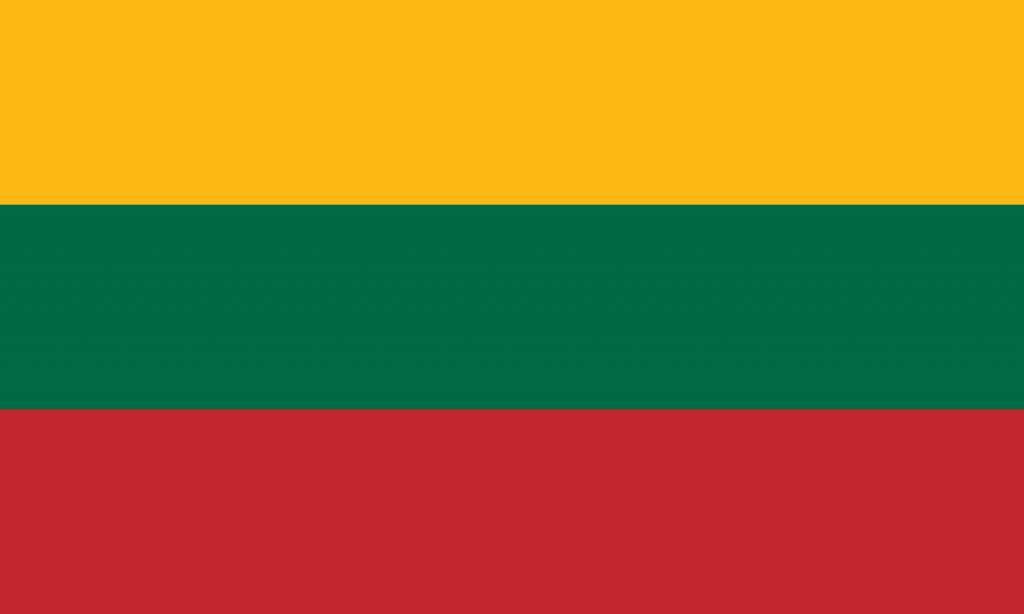
 FRANCE Multiplier Event .
BELGIUM Multiplier Event .
NETHERLANDS Multiplier Event .
UK Multiplier Event .
LITHUANIA Multiplier Event .
BULGARIA Multiplier Event .
EUROPEAN SYMPOSIUM.
FRANCE Multiplier Event .
BELGIUM Multiplier Event .
NETHERLANDS Multiplier Event .
UK Multiplier Event .
LITHUANIA Multiplier Event .
BULGARIA Multiplier Event .
EUROPEAN SYMPOSIUM.
